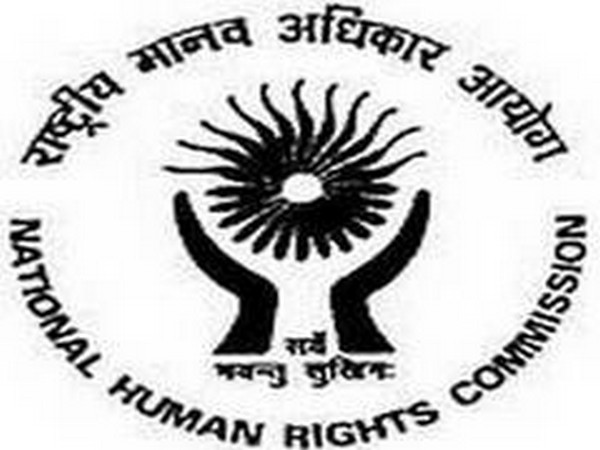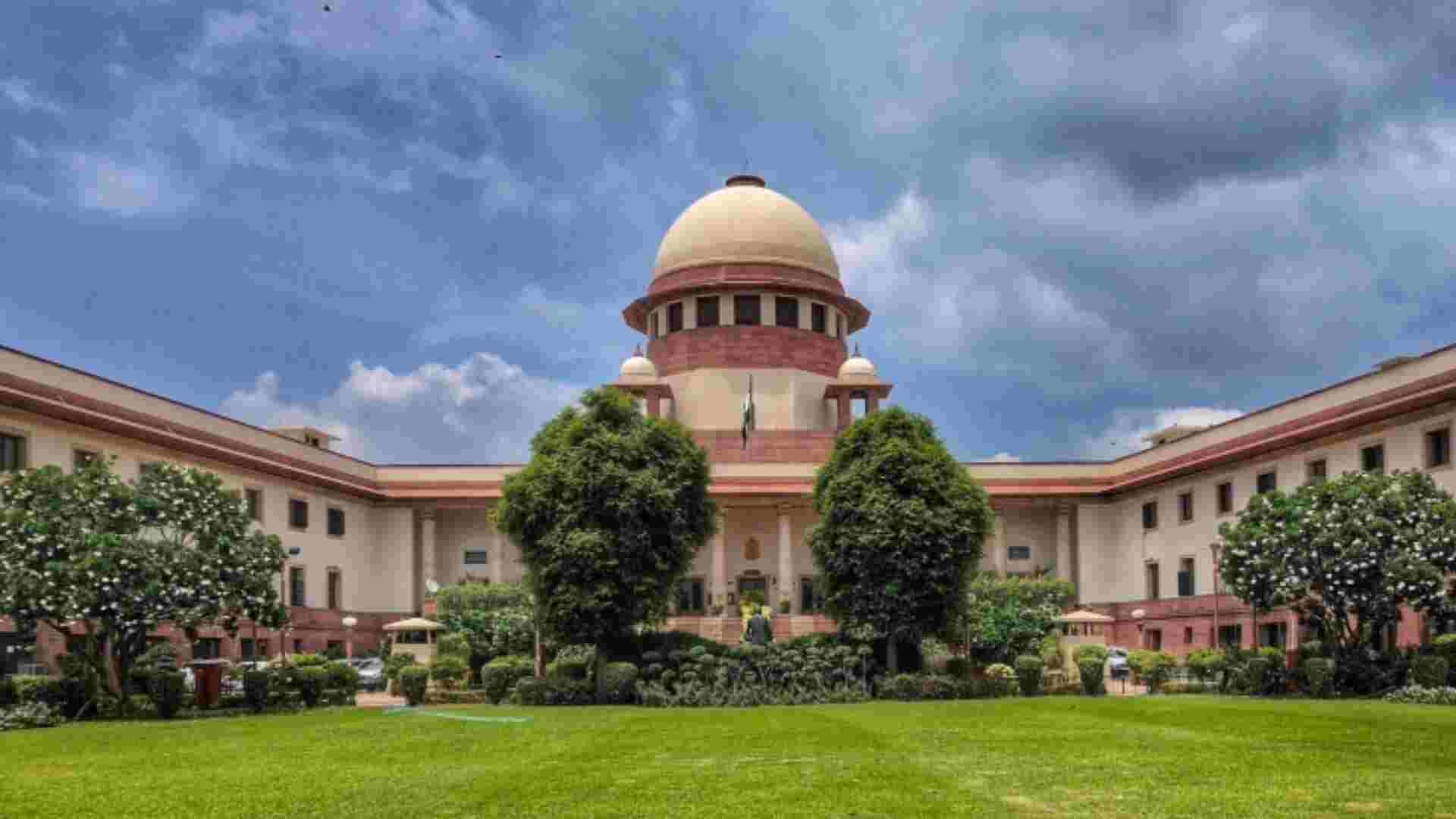The National Commission for Human Rights on Thursday issued a notice to the Bhagwant Mann-led Punjab government following a media report, published by a prestigious newspaper, over the state government’s failure to provide a mode of transport to the students, compelled to cross Satluj river on a Berhi (a wooden boat) to reach Government Senior Secondary School in Punjab’s Ferozpur district.
The NHRC is believed to issue the notice to the Punjab government over the reported lack of proper access to the education facilities for children in the Sutlej surrounding border areas of the Ferozpur district. “The National Human Rights Commission, NHRC, India has taken suo motu cognizance of a media report about the plight of students, in Kaluwara village of Punjab, especially the girls, who have to first walk on foot in the slushy banks of the river Sutlej then board a Berhi (a wooden boat) and cross the river to walk for another 4 kms along the border with Pakistan before finally reaching to the Government Senior Secondary School in Gatti Rajoke area of the district Ferozpur of the State,” said a press release.
The Commission also observed that the news of the girls, being deprived of proper transportation facilities, raises issues pertaining to the apathy of the state authorities towards the Right to Education of the students as well as the Right to Life and Dignity of the people residing in the area. The State has a responsibility to ensure their safety and to safeguard their human rights by providing them with an environment to live with dignity.
Accordingly, it has issued a notice to the Government of Punjab and sought a report along with the action taken report (ATR) about the steps being taken or proposed to be taken to provide better and hassle-free access to the students to the school in the area, either by the creation of a new school at a nearby place or by providing better access, avoiding the river Satluj/Berhi, while reaching to the school.
“It becomes imperative that the State Government makes it possible for every child to get access to the education system, without much hindrance or difficulty so that the fundamental significance of the life of an individual can be achieved,” the NHRC said.
In this context, the NHRC also noted the Supreme Court’s order in Avinash Mehrotra v. UoI, (2009) 6 SCC 398, as well as the introduction of Article 21-A in the Constitution, which makes the State liable to provide free and compulsory education to all the children of the age of six to fourteen years.
“The Government of India has been emphasizing education for girls. It has announced and implemented many schemes to provide benefits to girl children across the country but such news reports indicate that there are still many areas, where a lot of work is yet to be done. The poor citizens cannot be left with their fate and use a Berhi to cross a river daily to reach the school, market or their place of work,” NHRC said further.

















